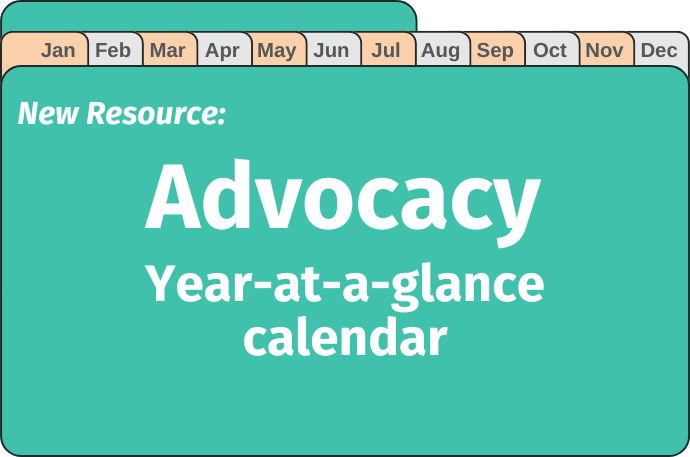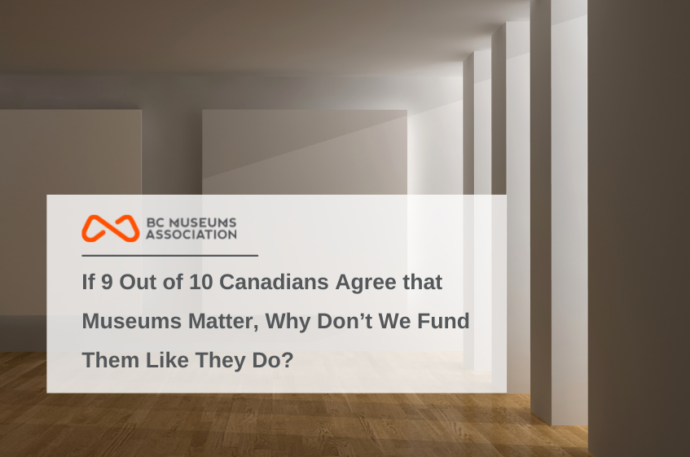The Select Standing Committee on Finance and Government Services is one of 11 permanent parliamentary committees of the Legislative Assembly of B.C.
Each year, the committee holds a province-wide consultation on the next provincial budget and presents a final report with recommendations to the Legislative Assembly. Presenters are given five minutes to speak and five minutes to answer questions.
Here is what we we recommended for Budget 2026:
Good morning. Thank you for the opportunity to speak with you today. I want to begin with a truth that I believe most Canadians – and British Columbians – already know in their hearts:
Museums matter.
They matter to our kids. They matter to our communities. They matter to the way we understand ourselves—not just where we’ve been, but who we are and where we’re going.
When studies show nine out of ten Canadians say museums matter – my question is:
Why don’t we fund them like they do?
Right now, we’re asking our cultural institutions to carry an incredible load—educate the public, preserve heritage, support reconciliation, welcome tourists, keep up with technology—all while dealing with underfunding, burnout, and aging infrastructure.
And through all that? They keep showing up.
Canadians trust museums more than the media. More than government. More than schools.
- 92% of Canadians say museums help them understand the world.
- 94% say museums should be tackling tough issues like reconciliation and racial injustice.
- 80% trust museums as reliable sources of truth.
With that many people believing in something, that’s not a “nice-to-have.” That’s a necessity.
Let me be clear, I know budgets are tight. I know there are a lot of priorities on your desk. But here’s what we also know:
- The cultural sector contributes $8.9 billion to BC’s economy. That is larger than the impact of agriculture, forestry, fishing, and hunting ($5.8 billion) and utilities ($6.3 billion); and similar to that of mining, and oil and gas extraction ($8.2 billion)
- The Culture Sector supports nearly 100,000 jobs. BC has the highest proportion of culture workers in Canada.
- 70% of BC tourists engage with cultural institutions.
- And for every dollar invested, there is a return of nineteen dollars in economic activity. Creating jobs, building infrastructure, attracting tourism, and making our communities richer, more enjoyable places to live.
I’m asking you, our provincial leaders, our policymakers, to take three clear, tangible steps in Budget 2026:
First, increase the BC Arts Council’s annual budget to $58 million, and ensure that more money goes to the organizations applying. That’s not just operational funding. That’s community access. That’s stable jobs. That’s what keeps the doors open in towns big and small.
Second, invest $150 million over five years in cultural innovation. Our sector is ready. They’ve got the plans, the teams, and the vision to expand facilities, modernize exhibitions, and connect with the next generation.
Third, create dedicated, ongoing funding for reconciliation and repatriation. A $750,000 fund to support Indigenous communities in reclaiming their ancestors and belongings, and a $500,000 fund to help museums do this work responsibly and in alignment with UNDRIP.
Between 2017 and 2023, this government’s investments helped move BC from the bottom of the pack to leading the country in cultural funding. We saw positive GDP growth in the cultural sector while the rest of the country was in decline.
But momentum only works if you keep pushing forward.
With inflation, rising costs, and the end of COVID-era programs. Institutions are back to survival mode – just trying to hold onto staff, programs, and basic community services.
All while both provincial and federal governments are encouraging Canadians to be tourists in their own country – to visit cultural landmarks and support local economies. And that’s a good thing. But we’re pointing them toward museums and heritage sites that are understaffed and underfunded.
That doesn’t just hurt our cultural institutions – it undermines our broader economic and social goals.
This is not a handout. It’s a high-yield investment – with economic, social, and cultural returns.
And let me say this clearly – this work isn’t easy. Cultural workers are being threatened for telling hard truths about our history. For standing up for reconciliation. For creating space for 2SLGBTQIA+ voices. These folks are doing the work that strengthens our democracy – and they’re doing it while struggling to make rent or work in buildings that haven’t been updated in decades
That doesn’t just hurt our cultural institutions – it undermines our broader economic and social goals.
This is not a handout. It’s a high-yield investment – with economic, social, and cultural returns.
This government has stepped up in recognizing the need to invest in infrastructure. Cultural institutions deserve the same urgency.
Because museums aren’t just buildings filled with artifacts. They’re hubs of learning. They’re centers of community. They’re places where we wrestle with our past and imagine something better together.
If we believe museums matter – and if we believe in the people who power them – then we need to reflect that in our funding decisions.
Let’s finish what we started. Let’s protect the gains we’ve made. And let’s make sure that when we say we care about truth, reconciliation, creativity, and community, our budgets back that up.
Thank you. And thank you for the work you do.
-Lorenda Calvert, BC Museums Association Acting Executive Director

BC Museums Association - Annual Advocacy Calendar
Do you want to help advocate for a better future for BC’s arts, culture, and heritage sector but struggle to understand when is the most impactful time to use your voice? The BCMA has curated a short list of relatively simple, but highly impactful things you can do each year to make a big difference for our sector.
Info about the Standing Committee on Finance and Government Services here.


